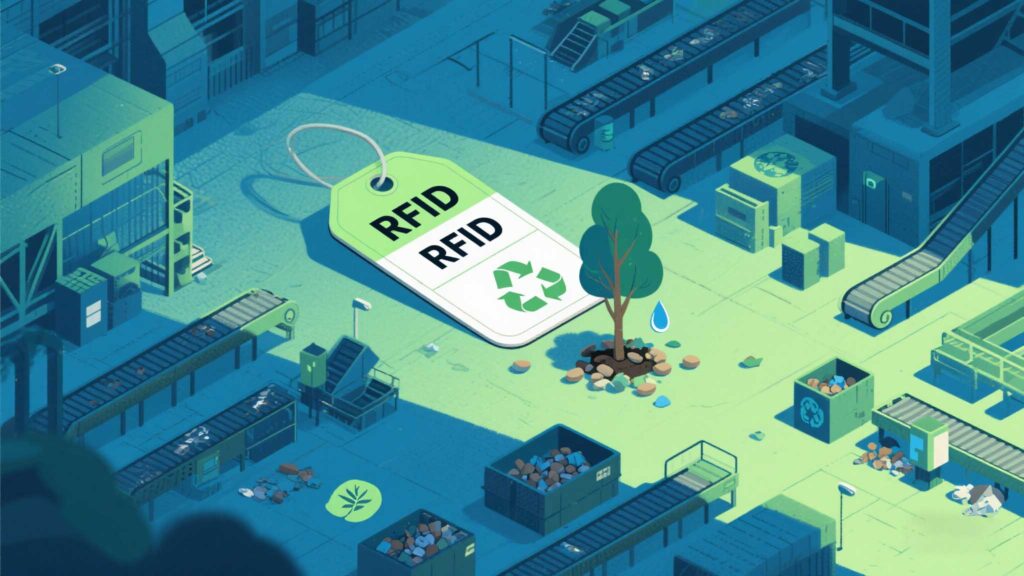How to Reduce Interference in Long Range RFID Systems for Outdoor Use?
890Discover proven strategies to reduce interference in outdoor long-range RFID systems. Learn how Cykeo’s rugged solutions maintain accuracy in challenging environments.
MoreAll RFID Product
RFID tags, while efficient for tracking, pose environmental risks when improperly discarded. Their layered construction—plastic, metal antennas, and silicon chips—complicates recycling and contributes to e-waste, microplastic pollution, and toxic chemical leaching. Below, we analyze these impacts and provide actionable strategies to mitigate harm through sustainable design, recycling programs, and regulatory compliance.

Cykeo’s tags incorporate 30% recycled PET and are compatible with standard paper recycling streams. Their Zero-Waste RFID initiative aims to eliminate landfill contributions by 2030 through modular designs and chemical-free chip detachment.
Discover proven strategies to reduce interference in outdoor long-range RFID systems. Learn how Cykeo’s rugged solutions maintain accuracy in challenging environments.
MoreThis article provides a deep dive into smart RFID parking systems, covering the technology principles, key components, application scenarios, and advantages. It highlights how RFID improves parking efficiency and security, driving the evolution of...
MoreEnterprise-grade 4-port UHF RFID fixed reader with R2000 chipset, RESTful API, Java/C# SDK, and IP67 housing. Designed for flexible system integration into cabinets, doors, inventory, and payment solutions.
MoreDiscover how passive UHF RFID tags work, what types exist, and how to select the right tag for your application. A practical guide for warehouse tracking, retail, and industrial automation.
More